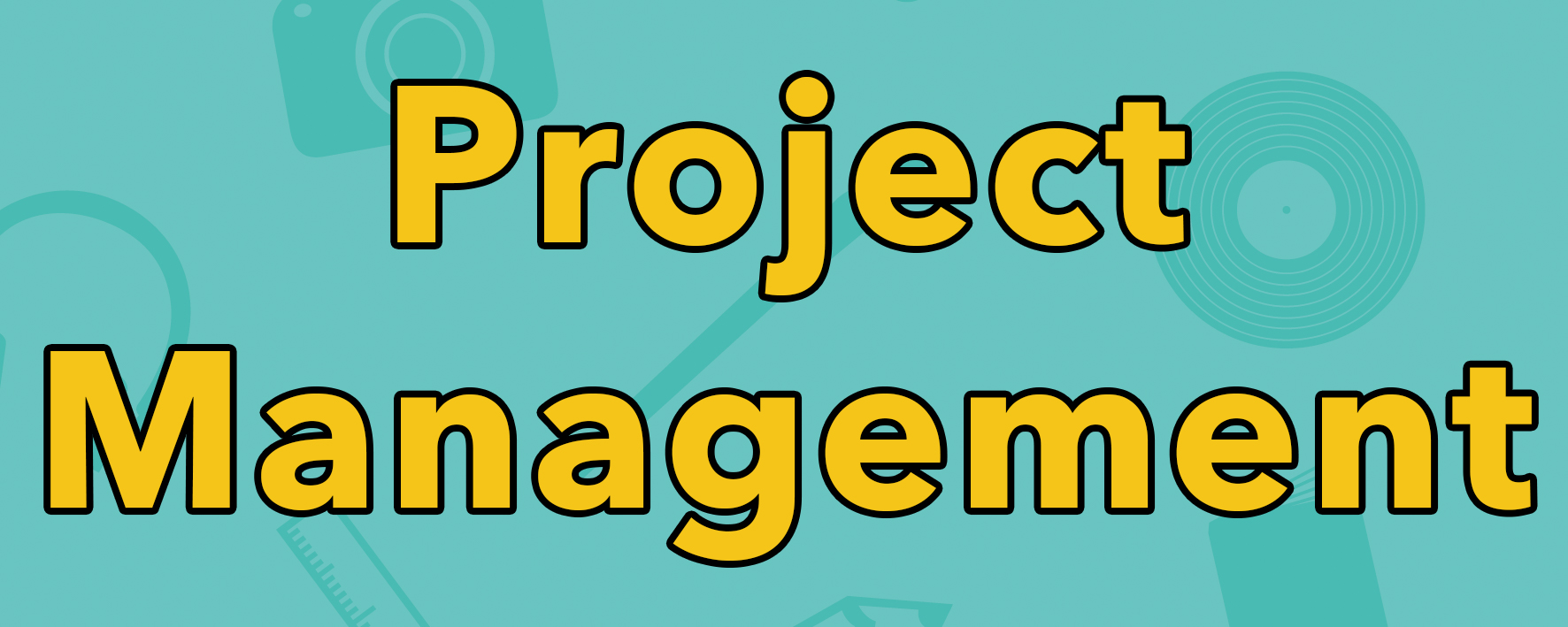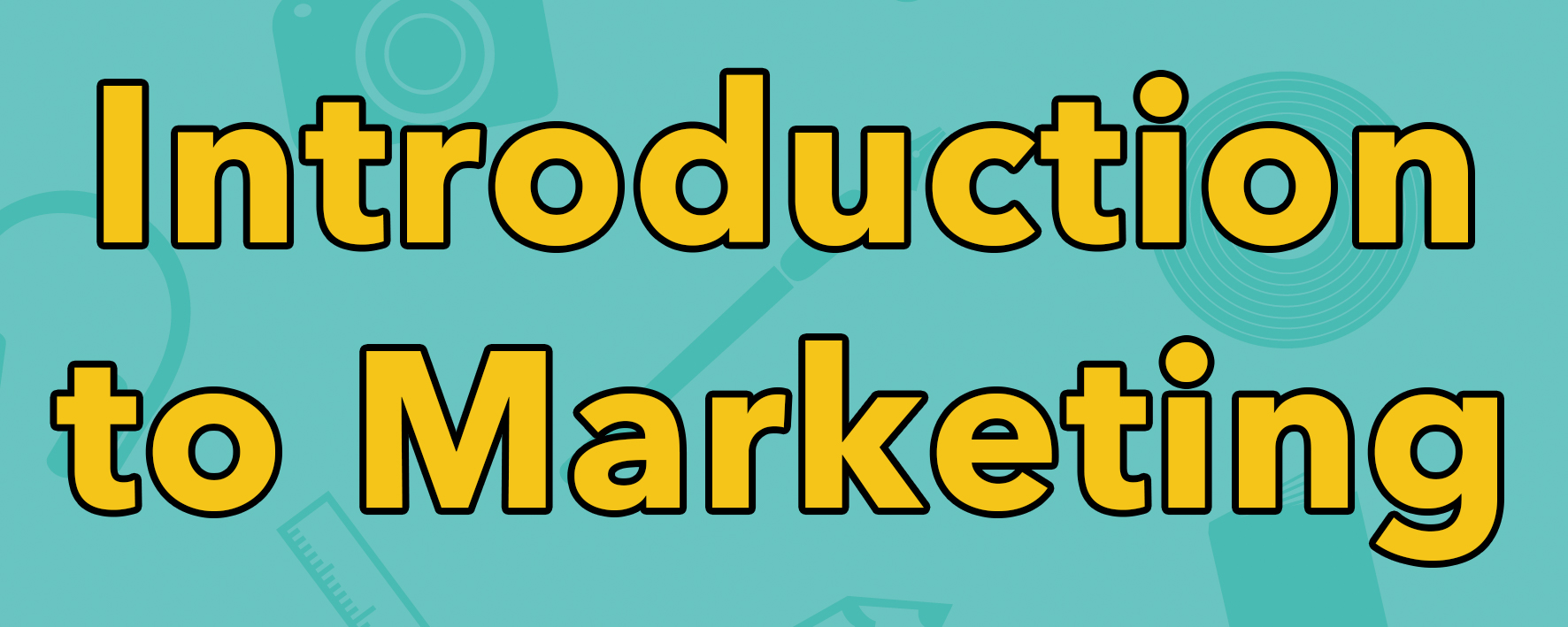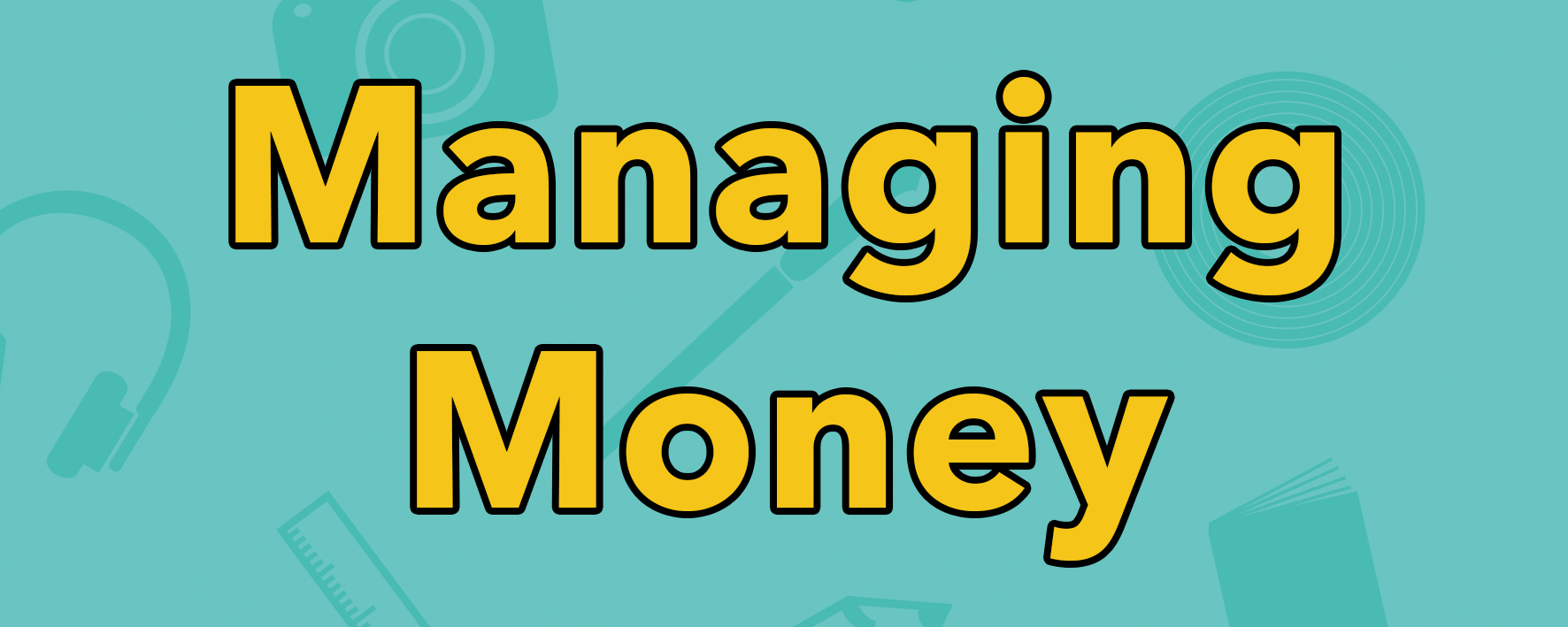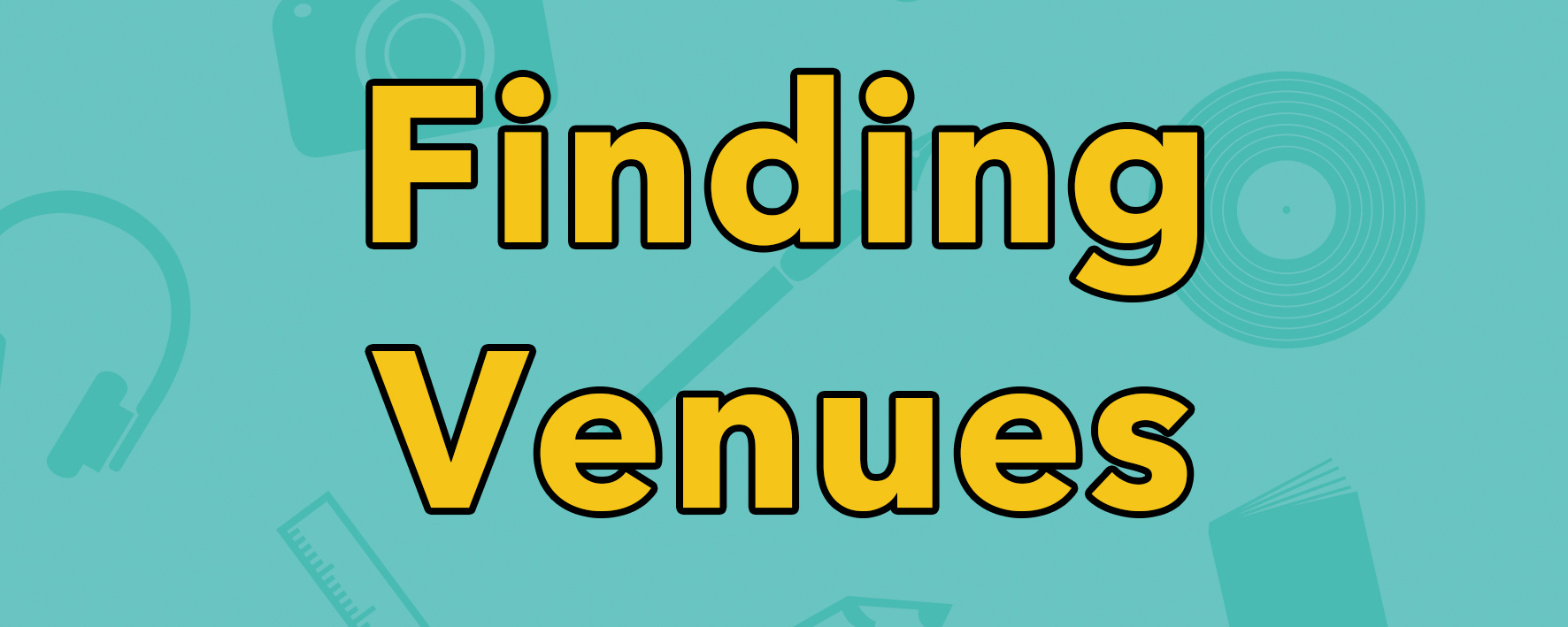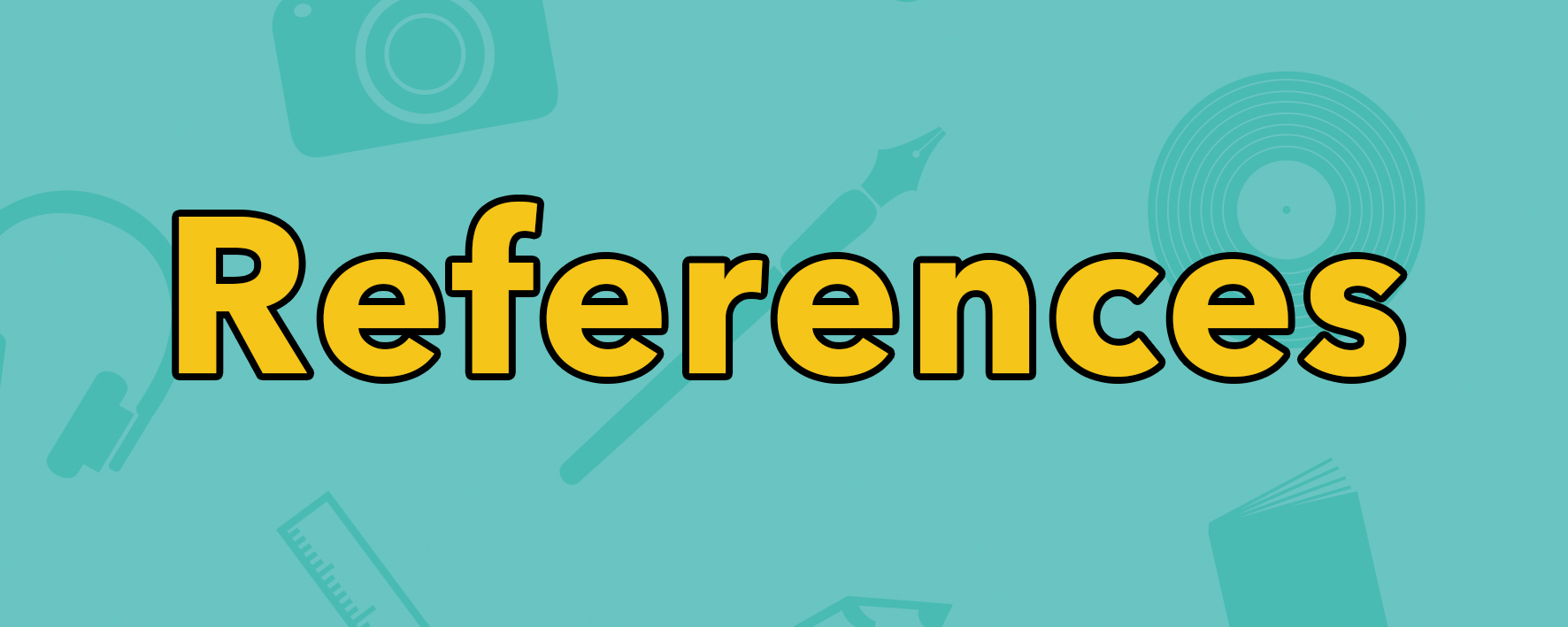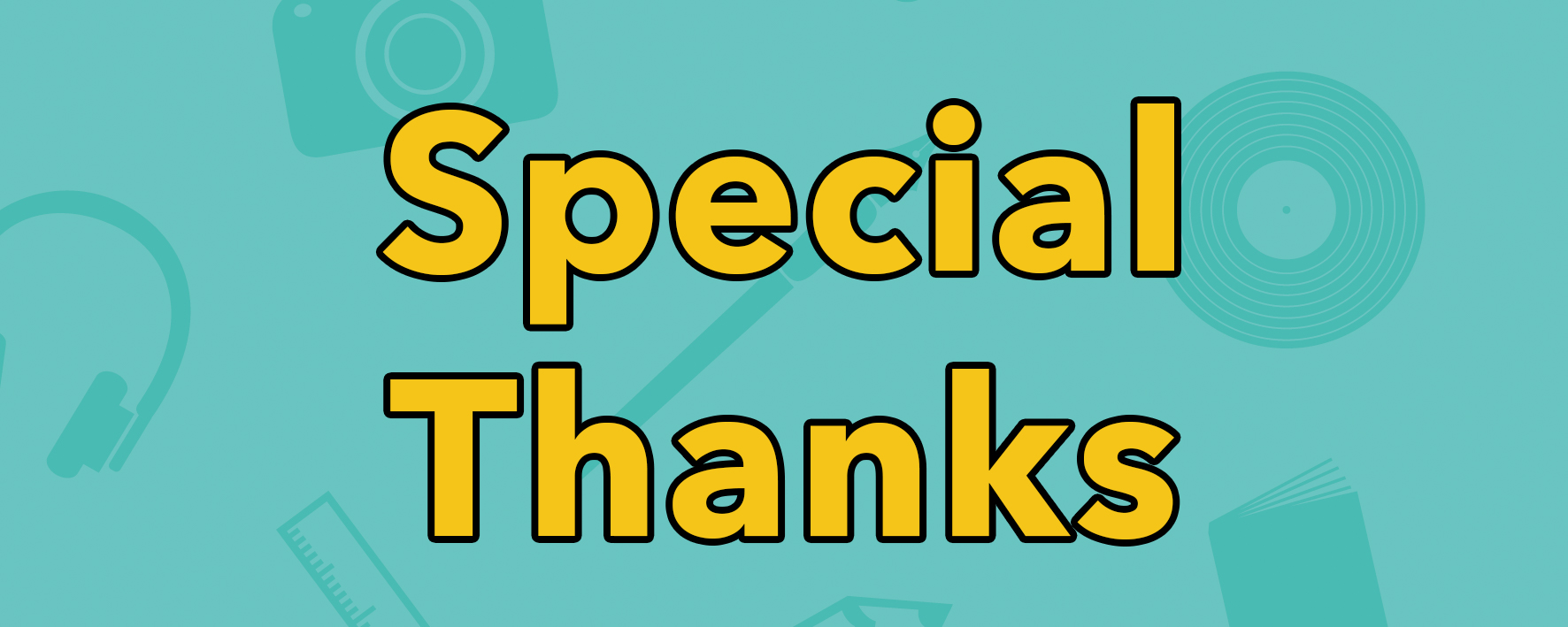Budgeting
If you’re working with money then you’ll be in need of a budget! At its essence, a budget is an account of your yearly income and expenditure.
Draft Budget
A draft budget is a predicted expenditure and income document. Your draft budget should consider resource requirements, staff wages, venue hire, marketing costs and everything in between. Whilst you are developing your budget, try to obtain several quotes for larger items so that you have a realistic view of costs. Once you have itemised your budget and assigned a value to each item, you should make sure that there is some left aside as a contingency. This will ensure you have the funds to cover any unanticipated costs.
Working Budget
A working budget is updated regularly throughout the year, as your financial system changes. Add in any funding you may receive, income and expenditure as appropriate, keeping it as up to date as possible. Keeping accurate transaction records will assist you in updating your working budget.
Final Budget or Actual Budget
This budget is usually developed at the end of the year, or at the beginning of the following year, once your final payments have been made and income has been collected. The budget you create at the beginning of a project (or financial year) will most likely differ to the final budget once all the expenses have been made; however, it shouldn’t be too dissimilar to the original.
Budgeting Tips
All of your funds need to be accounted for in your budgets. If you are receiving in kind donations they need to be assigned a monetary value and included in your budget as does anything else that doesn’t require cash to change hands. This way you will have a final budget that shows the actual cost of running your business or project.
Try and aim to have your budget ‘in the black.’ This is a situation in which your revenue is greater than, or equal to your expenditure. If your expenditure is greater than your revenue, you will have a deficit and will owe money instead of breaking even or making money. If you refer back to your budget regularly, you will always know how much you have to spend at any given time.
Get receipts for everything. Make copies of any receipts on thermal paper as these will fade over time.
Keep quotes and invoices
Develop a reference system for online payments so that you can easily distinguish them in your bank statements
Don’t pay anyone until all of the work has been completed - having a contract in place will safeguard you against any issues
File, file, file!
Example: How to create a budget
In this example, the income is greater than the expenditure, therefore the business will be making a profit. You will also notice in this example that the venue, which is in kind, has been placed in the income and expenditure columns. If you were to put it in the income column only, it would appear that you are making money off the venue, which is not correct.
These figures are an example only, you will need to add in your own income and expenditure figures to suit your project.



